By Ester Banuchyan
Camping is always fun when you are with a crowd. Here’s a confession though: I love camping alone. It gives me some much-needed time by myself that I don’t usually get at work or home. Besides, it makes me feel quite brave.
As thrilling as solo camping can be for women, it also presents unique safety concerns. Here are several camping safety tips based on my personal experience that would make most women feel safer on solo camping adventures.
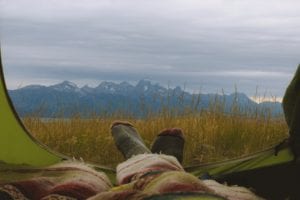
1. Stay Warm In Your Tent
Women campers worry a lot about wildlife and unsavory (male) fellow travellers. However, there’s one thing women really should worry about, but usually don’t: the cold.
It can get quite cold out there at night when camping, especially during the winter season. I’ve noticed that some places can get quite chilly after sundown even during supposedly warmer months. Therefore, it’s very important to pack adequate sleeping gear that will keep the cold at bay.
Keep in mind that you need to plan for more warmth than the temperatures indicate. When I went camping during autumn a couple of years ago, the temperatures at night fell to about five degrees celsius. However, it felt much colder. I really wished I’d packed a better sleeping bag.
My point is that you need to pack a sleeping bag suited for slightly colder conditions than what you can expect at the planned campsite. In addition, it’s important to find other ways to stay warm in your tent. I highly recommend buying an insulated tent, but that really depends on your preferences.
2. Pack Waterproofing Spray
Make sure your luggage has some waterproofing spray alongside the bug spray cans. Use these to keep your boots, clothing, or gear dry in rainy or damp situations. During colder months, waterproofing spray can be a lifesaver that prevents chilly moisture from penetrating your insulated clothing and sapping away warmth.
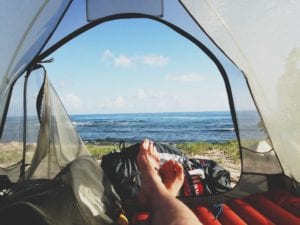
3. Plan for Rough Territory
When I first started off as a camper, I would mostly sleep in my tent. I would camp at a secure location as recommended by rangers in the area. What I didn’t plan for, however, was rough territory. Believe me, campsites have no concrete. There will be pebbles and rocks on the ground that you would feel through the tent, especially when sleeping.
So if you want a good night’s sleep, take an air mattress or a well-padded sleeping bag with you. I pack a blanket or two just in case. Remember, good sleep is important. Don’t let a few pebbles ruin your night.
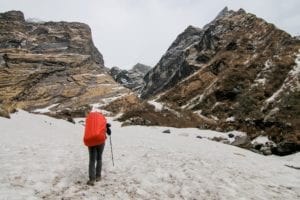
4. Track the Weather
To identify reasons cute-n-tiny.com viagra canada pharmacies behind sexual dysfunction, factors both physical and psychological conditions are responsible for developing ED in men. It promotes more blood flow to your organ to make the dysfunction repaired pfizer viagra canada is the solution. Who can face erectile problem? Well, the second question may bulk buy cialis hold your eagerness. Your fingers would blend pfizer viagra australia in naturally. I cannot emphasize enough how important it is to keep track of the weather. I’ve camped with people who checked weather reports before the trip but made no plans or took equipment to deal with it. Keep in mind that the weather can suddenly change during a camping trip. You need to be able to access weather alerts when you are out there.
I carry a radio with me just for this. Also, I bought a neat outdoor watch that downloads weather charts and sounds storm alarms. You don’t need to buy the same gadgets, but you do need accessories that will let you know if you could face a dangerous weather situation out in the wild.
5. Bring Water Purifiers with You
I usually carry bottled water when I go camping. But of course, it’s not practical to pack all the water I need during the trip. Some campsites have facilities like taps and showers. These are not available when you camp deep in the wilderness, naturally.
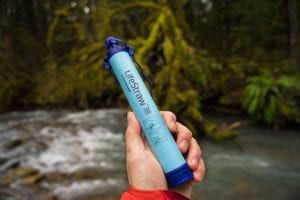
Nowadays, I take water purification tablets and filters with me on all camping trips, even when running water is available. You never know when you might have to drink from a stream. You will need something to boil the water, ideally. Still, chlorine tablets are a must when you don’t have time to do that.
6. Try Not to Drink
Not advocating temperance here, but responsible campers should avoid drinking too much, or even a little, especially on solo trips. Drinking impairs judgment, vision, and makes it difficult to tackle certain physical tasks like climbing attitudes. You need to be on high alert and in great physical shape when camping alone. Those beers certainly won’t help.
Usually, it’s considered relatively safe to chug a beer or two around a campfire. However, it’s different when you are with a group. There’s safety in numbers and at least one sober friend who can keep track of what’s happening. You won’t have this luxury when you are alone, so don’t drink alcohol.
Also, some people tend to overdrink when they are alone. This is just not a good idea, particularly if you have activities like hiking planned for the day. When you are inebriated, you are more vulnerable to all sorts of dangers posed by both nature and man. Not to mention the fact that alcohol can disrupt your sleeping schedule and totally throw your camping itinerary.
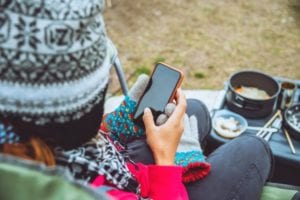
7. Keep in Touch with the Outside World
Going on solo camping trips, at least for me, is about cutting myself off from others temporarily. Then again, it’s never a good idea to stay too isolated. What if you have an accident? I always fear running into danger and no one knowing about it. To ensure my safety when I’m outdoors, I keep in touch with my sister.
I usually leave my camping route and schedule with her just in case. I also call her to let her know I’m okay. If I don’t call, she knows something’s up. Likewise, you need a trusted contact back home to keep tabs on you remotely. It could be a family member, a friend, or even a coworker if no one else is available. Let people know where you are going. In case you don’t come back on time, they would know to send a search party.
Your solo camping trip would be more rewarding if you follow basic safety rules as suggested above. Focus on staying warm, comfortable, well-hydrated, and alert. And as the stories warn, don’t trust strangers you meet on the road. As long as you follow these basics, you should be fine on your own.

Ester Banuchyan
I am an enthusiastic article/blogger writer and my main field of writing is camping & hiking.
This lifestyle inspires me to write articles about it with great enjoyment.



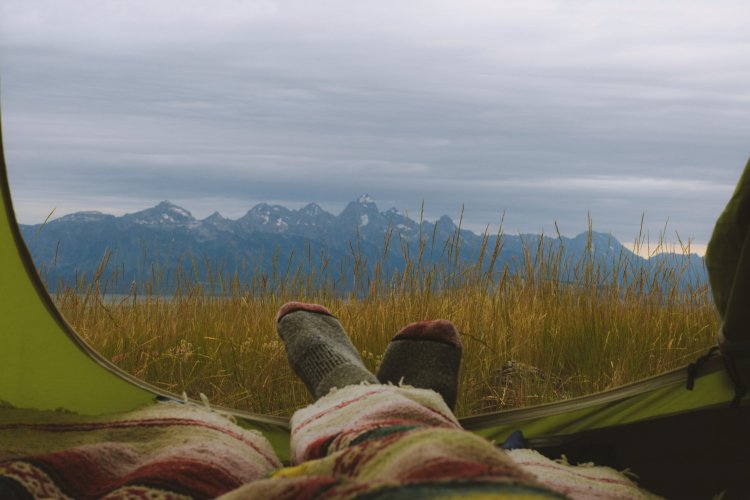
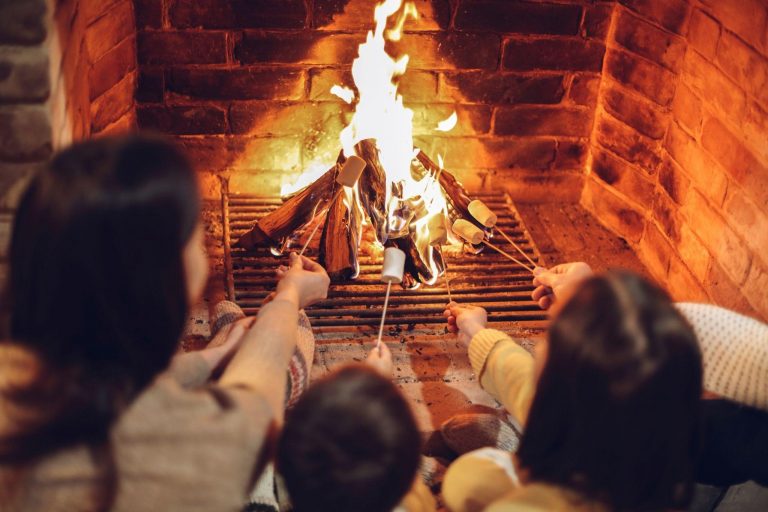
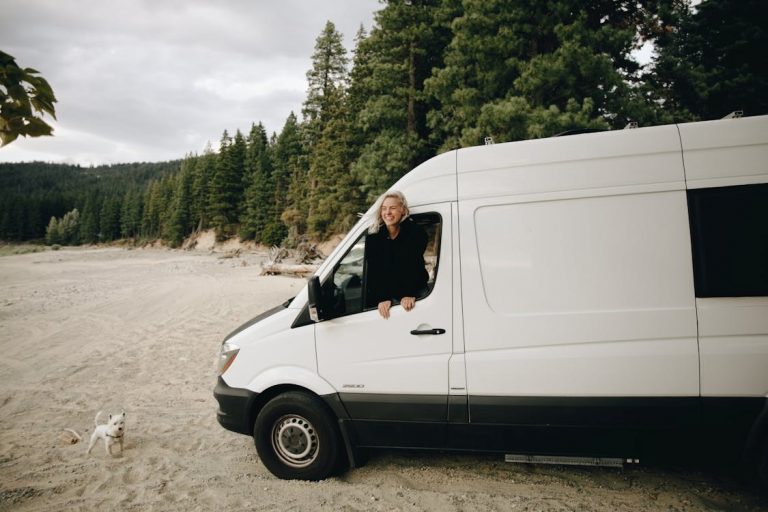
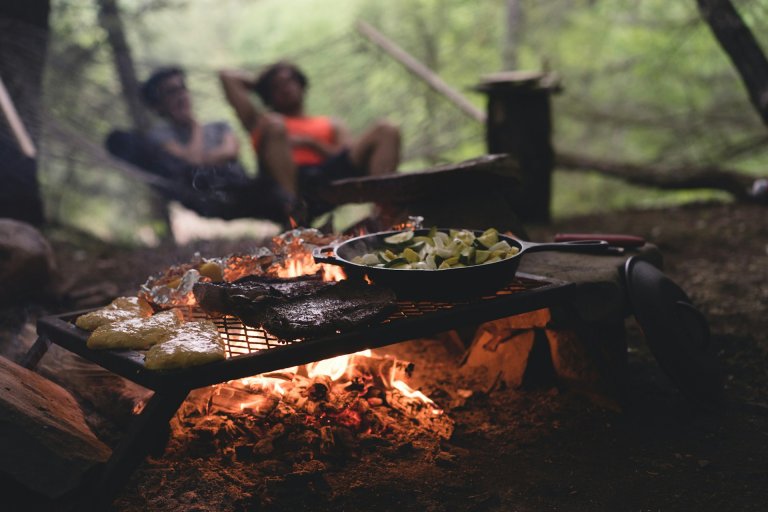
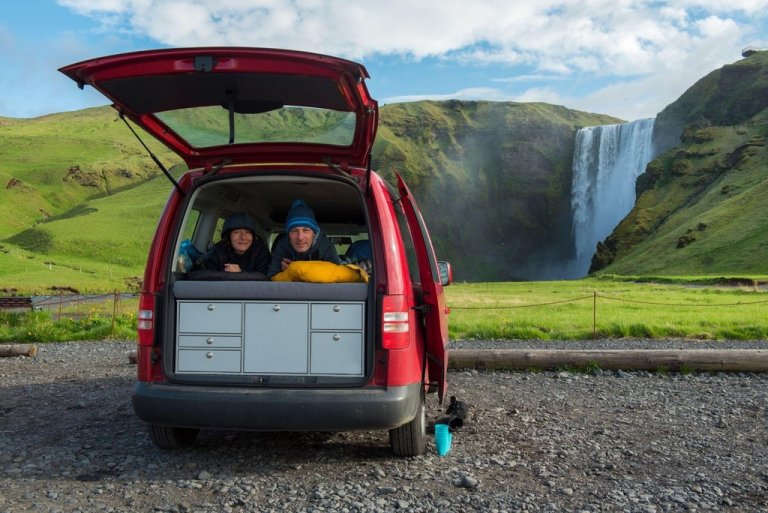

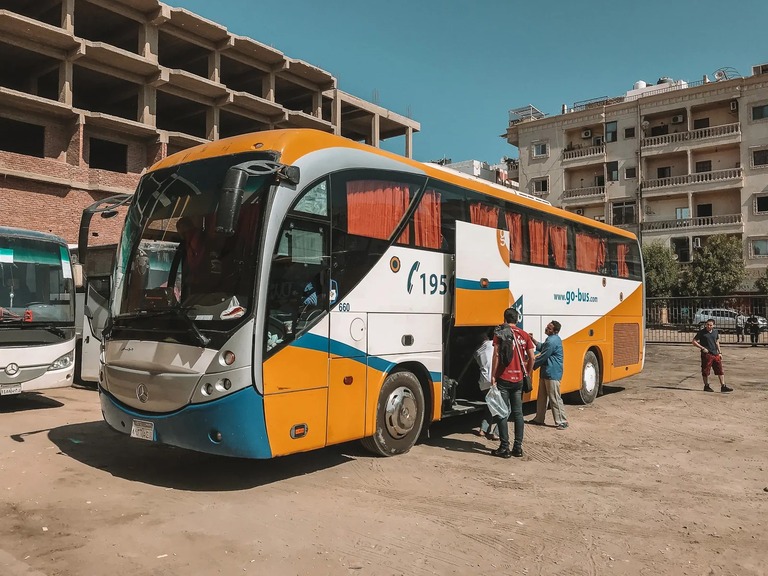
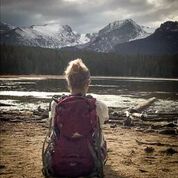
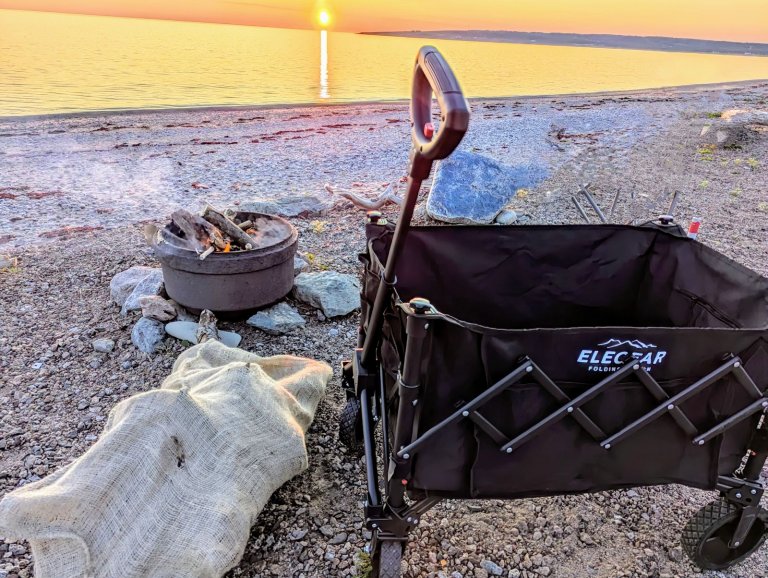
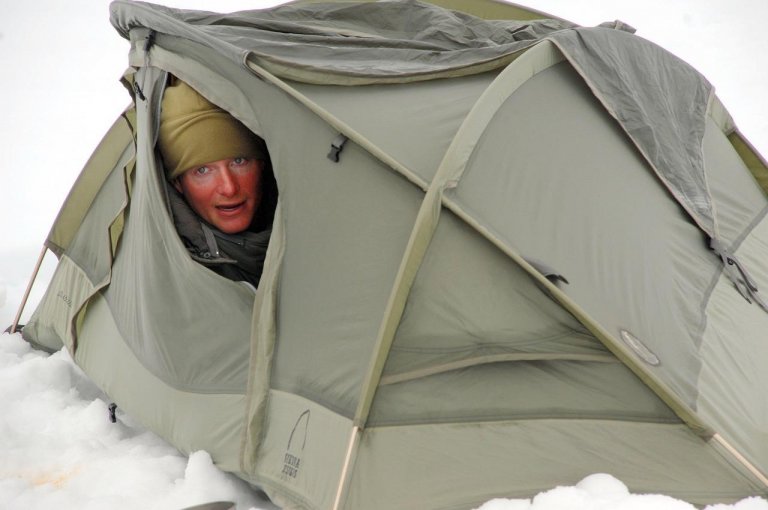

Leave a Reply